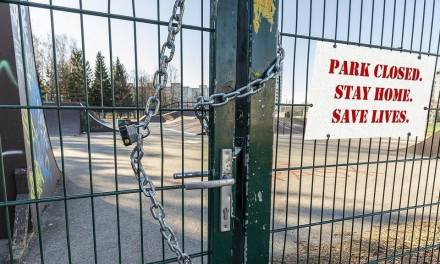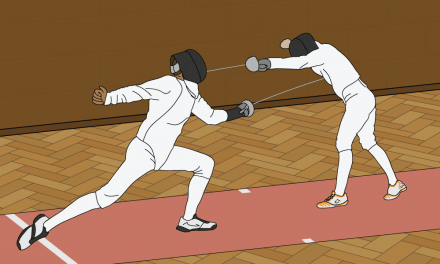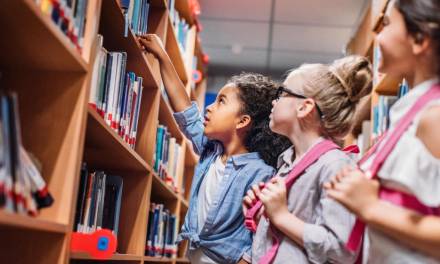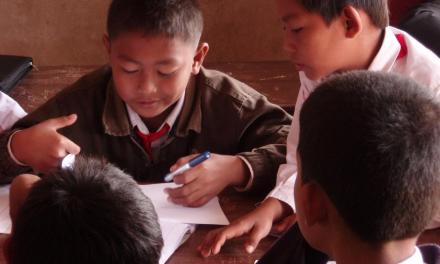Among many things that have changed in the last month has been the impact the coronavirus and the world economy has had on climate change.
On 1 April it was announced that the COP26 climate summit, set to be attended by world leaders, was to be rescheduled.
But why is this the best time to learn about climate change?
What is climate change?
Climate change is a popular belief among scientists that temperatures are rising at a faster rate now than at any other time.
It is linked to the greenhouse effect, which describes how the atmosphere of Earth traps some of the Sun’s energy.
When solar energy is radiated back to space from the Earth’s surface, it is absorbed by greenhouse gases and redistributed in all directions. This reheats both the Earth’s atmosphere and the planet’s surface.
For more information click here.
How Covid-19 is affecting climate change
The world economy has been experiencing it’s worse week in decades. Restrictions in the free movement of people have disrupted the economy all over the world.
But the reduction in output has had a positive impact on climate change.
The coronavirus lockdown in China, it is reported, had created a 25% reduction in energy use and emissions in the country. The airline industry accounts for 2.6% of emissions worldwide, is now in freefall. It seems inevitable that carbon emissions will have an overall worldwide drop in 2020.
What happens next will be interesting. Previous economic downturns suggest a rapid recovery in emissions when the crisis is over, but could it mean that lessons are learnt. Whichever the case may be, creates an interesting time to study climate change as we know it.
Could coronavirus have a positive impact on climate change?
The coronavirus has forced new working from home habits and has realised the value of those who ‘need’ to commute to work. The broader adoption of online meetings could also see a reduction in long-haul meetings via flights and long journeys.
New work behaviours could persist as a result of the changes shown in the opening few months of this years. Ultimately 2020, with good planning, could be the year climate change peaks and goes into decline.
How to learn about climate change
EDArcade provides over 100 educational games to primary school and some secondary school children. Many games are around the issue of climate change and other issues which could benefit young children.
Games-based-learning can help children stay engaged with education, through an exciting games-based platform.
Recycle Mania helps children understand the benefits of recycling through a fun and exciting platform. Recycling can have a positive impact on the environment.
For PSHE games click here.
EDArcade is donating £1 of every £3 subscription to charity. You can find out more here. For more information on EDArcade call 01909 776 906.









